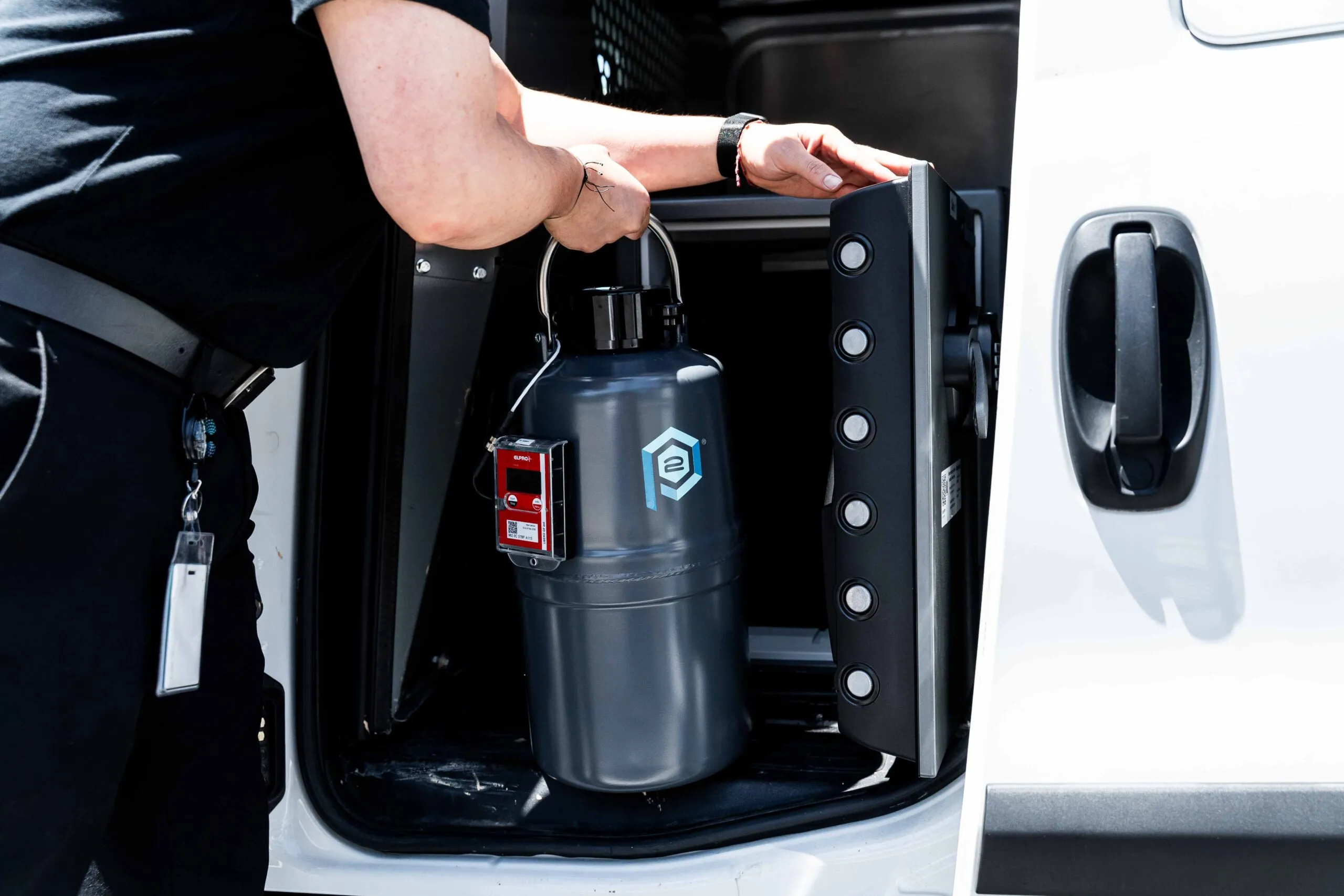Can Prenatal Vitamins Support Fertility?
Guest post by Bird&Be
You’ve heard of taking a prenatal during your pregnancy, but what about taking prenatal vitamins while you’re trying to conceive? There’s good reason to start taking your prenatal as soon as you’re thinking about becoming pregnant (and both the CDC and Health Canada recommend that all people with eggs take daily folic acid if they could become pregnant since about half of pregnancies are unplanned). But, at the very least, doctors will recommend starting a prenatal when you’re trying to conceive—before you’re pregnant.
Can I take prenatal vitamins when trying to conceive?
You can—and should—take prenatal vitamins before you start trying to conceive, and continue to take them throughout your fertility journey and pregnancy. While the conversation around prenatals has often been about how they support the baby, they can and do also support your overall health and egg and sperm development. A healthy egg meeting a healthy sperm in a healthy environment is more likely to lead to a successful pregnancy—and prenatal vitamins can help.
When should I start taking supplements for fertility?
Start taking a prenatal vitamin ASAP if trying to conceive is on your to-do list. Doctors will recommend you start taking a daily prenatal at least three to four months before you start trying to conceive, but if you’re really keen, start taking a prenatal as soon as you start thinking that pregnancy is in your future. A daily prenatal can support your overall health (when you’re not trying to conceive) and also provide the nutrients needed for when you decide to take that next step.
It’s important to start taking a prenatal before pregnancy because some key nutrients are used up early in pregnancy (like folic acid). This applies to anyone undergoing fertility treatments like IUI and IVF, as well. Because both eggs and sperm take about 90 days to develop (and they both benefit from nutrient support), starting a prenatal in the beginning stages of that development helps your sperm and eggs reach their peak by the time you actually start trying to conceive (or by the time your egg retrieval happens—plus supplements can help support a healthy uterine environment, so make sure to keep taking them until your embryo transfer, too).
What ingredients should I look for in a prenatal vitamin?
There are some nutrient-musts in pregnancy, often because of a new or increased demand thanks to your fetus. One of the most efficient (and effective) ways to get them is through your prenatal vitamin (alongside a healthy diet)—starting with folate. Getting folic acid even before you’re pregnant is important since it’s used early in pregnancy and is essential to prevent neural tube defects. Bird&Be The Power Prenatal for Females includes Folic Acid and 5-Methylatedhydrafolate to ensure you’re getting the right amount in the right forms. You should also keep an eye out for Vitamin D, Omega-3, Iron, and Choline. As a bonus, picking a formula with antioxidants preconception—like NAC, CoQ10 and Resveratrol—ensures that your eggs (and sperm!) are protected from damage. (Find all of these, and more, in The Power Prenatal for Females.)
Can supplements support sperm health?
Sperm issues play a role in up to 50% of infertility cases—it makes you wonder why only females are told to take a prenatal vitamin. The truth is, many males (and their sperm) can benefit from nutrient support in the form of a daily prenatal, too. Don’t believe us? Bird&Be’s The Powers for Males was recently put to the test in a clinical trial, and the results showed a statistically significant 52.2% improvement in motility. (Meaning sperm were better able to swim—an important feature if you want sperm to meet an egg successfully.) The Powers for Males includes the essential vitamins needed for healthy sperm plus important antioxidant extras that can further protect sperm from free radical damage.






